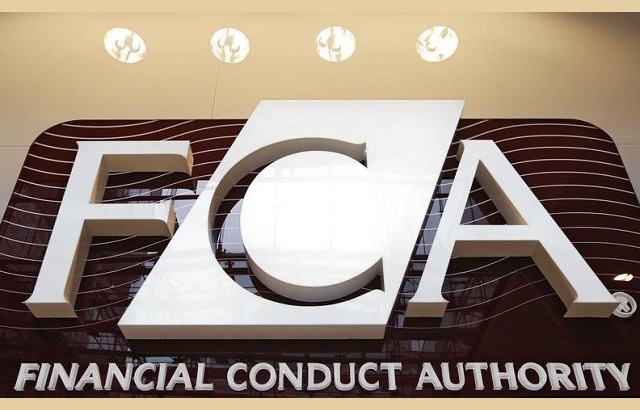The Financial Conduct Authority has taken steps to ban Jon Frensham, formerly known as Jonathan James Hunt, afer he was convicted for attempting to meet a child following sexual grooming – an offence he committed while an approved person.
In its Decision Notice, which is provisional pending an appeal, the FCA stated: “Given the nature and circumstances of his offending, the authority considers that Mr Frensham is not a fit and proper person to perform any function in relation to any regulated activity carried on by any authorised or exempt persons or exempt professional persons.
“This is because he lacks the necessary integrity and reputation.
“As a result of his lack of integrity and reputation, Mr Frensham poses a risk to consumers and to confidence in the financial system.”
Inappropriate contact
Frensham was sole director at Surrey-based Frensham Wealth.
In September 2016, he communicated online on a number of occasions with someone he believed to be a 15-year-old girl.
The messages were sometimes sexual in nature and Frensham offered to buy her gifts and encouraged her to lie to her mother.
He arranged to meet her on 14 September 2016, only to discover that he had been messaging a grown woman posing as a child.
The police were called and Frensham was arrested.
In March 2017, he was convicted of attempting to meet a child following sexual grooming.
The sentencing judge commented that Frensham “showed no remorse about your decision to meet a 15-year-old girl”.
“The damage even of a non-sexual meeting could well have been incalculable.”
Frensham was sentenced to 22 month’s imprisonment, suspended for 18 months.
He was made subject to an indefinite sexual harm prevention order and required to sign the sex offenders’ register.
Appeal
Frensham has referred the FCA Decision Notice to the upper tribunal, meaning that the action outlined in the notice is provisional pending its outcome.
He is contesting that the ‘fit’ portion of the ‘fit and proper’ test has been “wrongly applied” and he should not be subject to a prohibition order.
In his initial appeal to the FCA, Frensham said he accepts that the offence for which he was convicted was serious, he regrets and is ashamed of his actions and has shown real remorse and the authority can be assured that his conduct will not be repeated.
He added that carrying out acts “over a short period of time in 2016 does not mean that in 2020 he is a person who lacks integrity”.
Frensham argued that the circumstances of the offence should be taken into account; namely he was “under serious strain in his personal life and he was under arrest for a separate crime which he knew he had not committed and for which he was never charged”.
The FCA disputes that it has wrongly applied the guidance.








